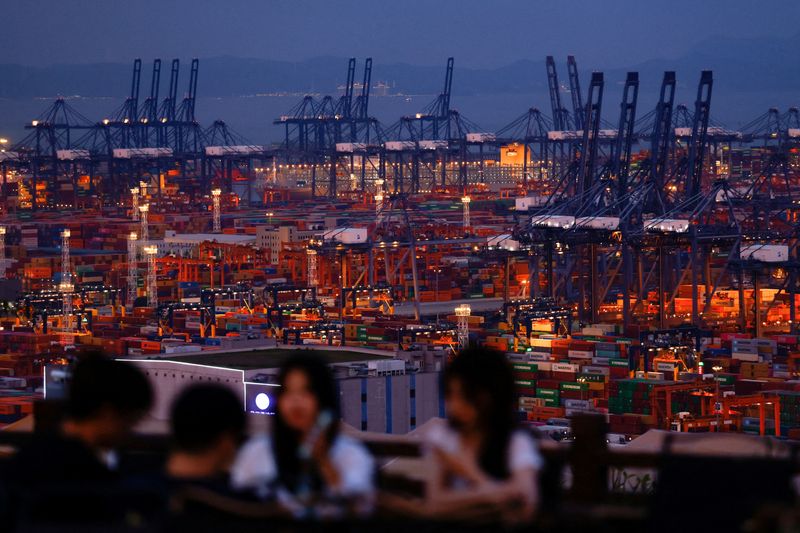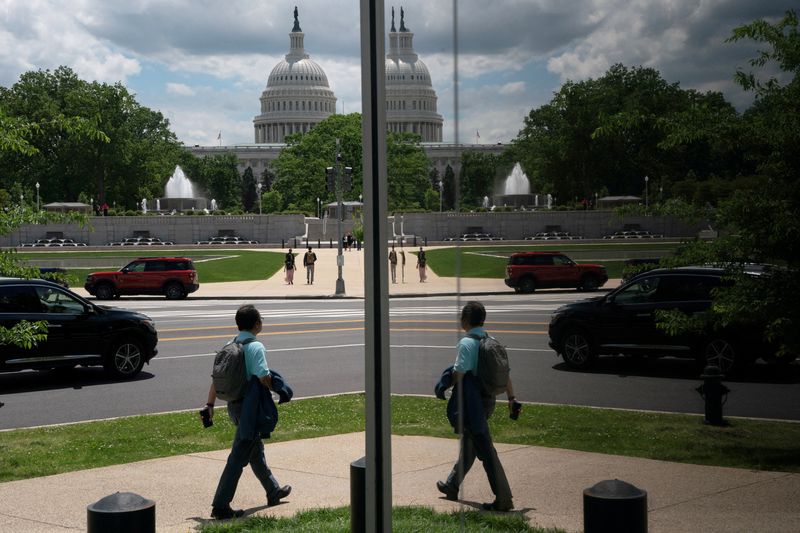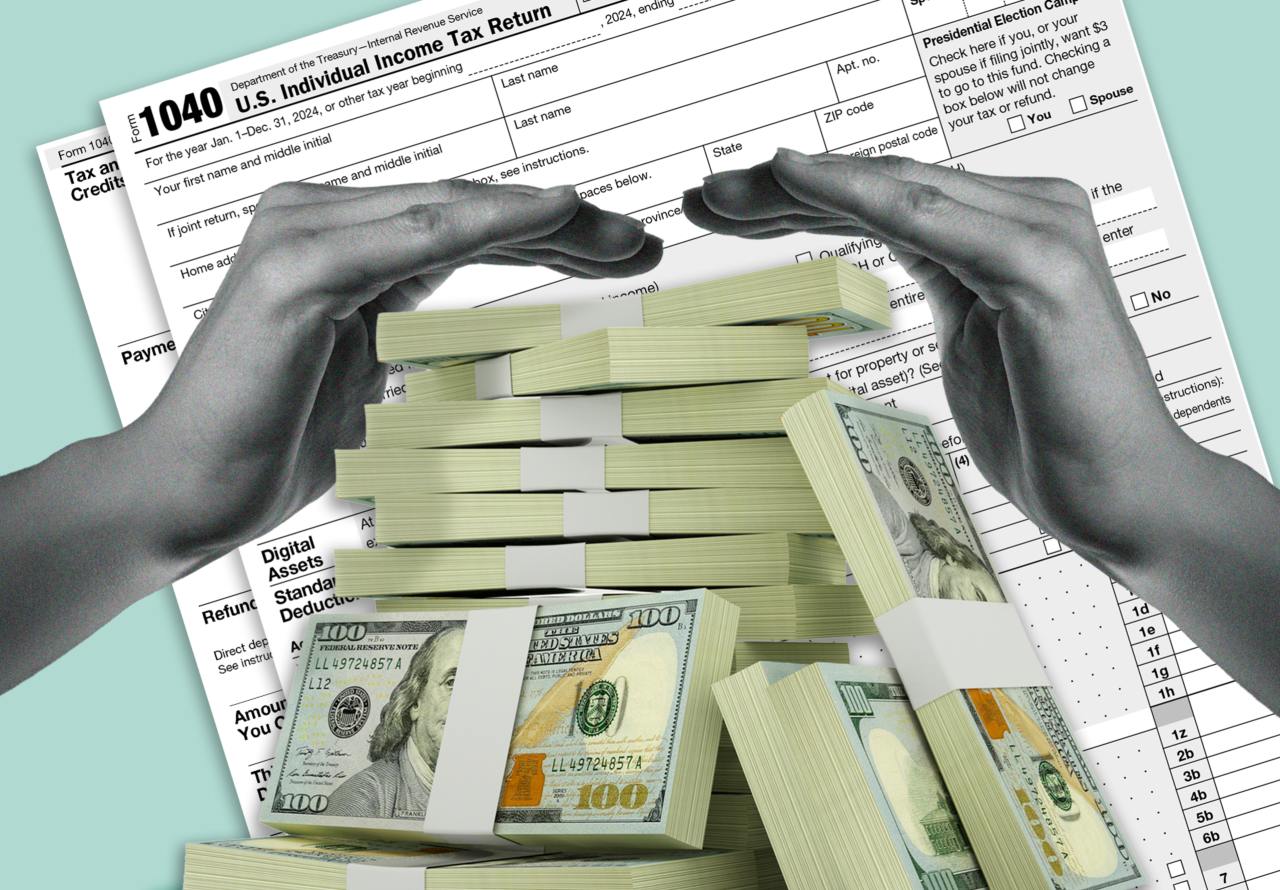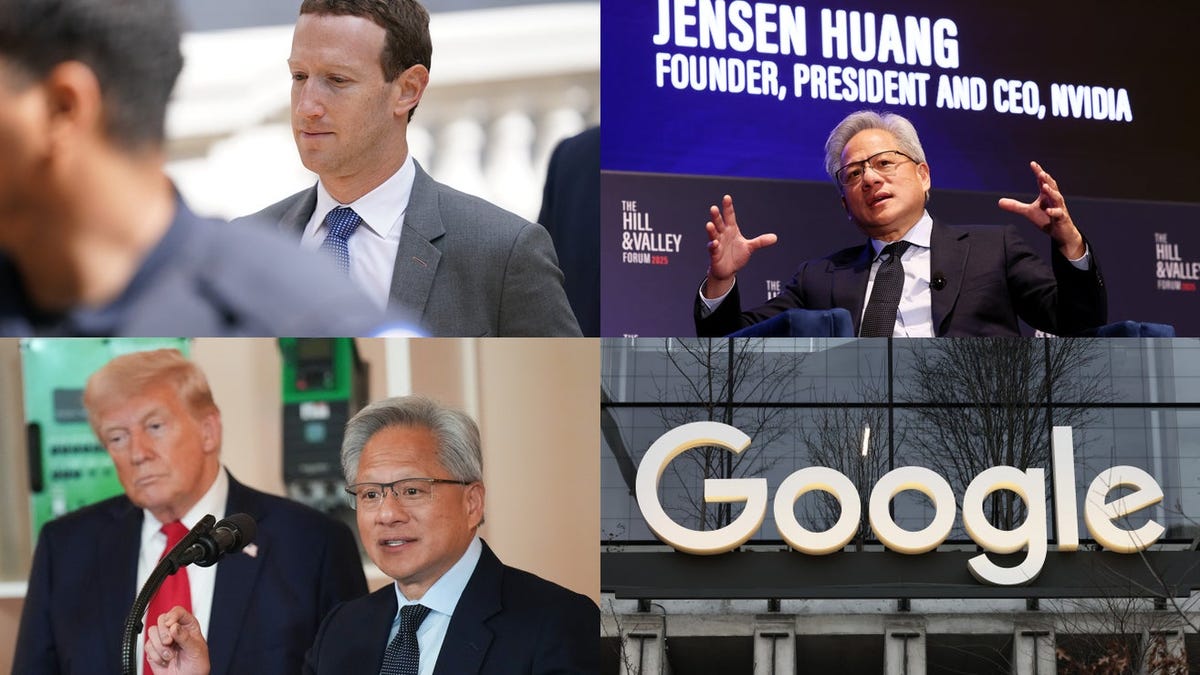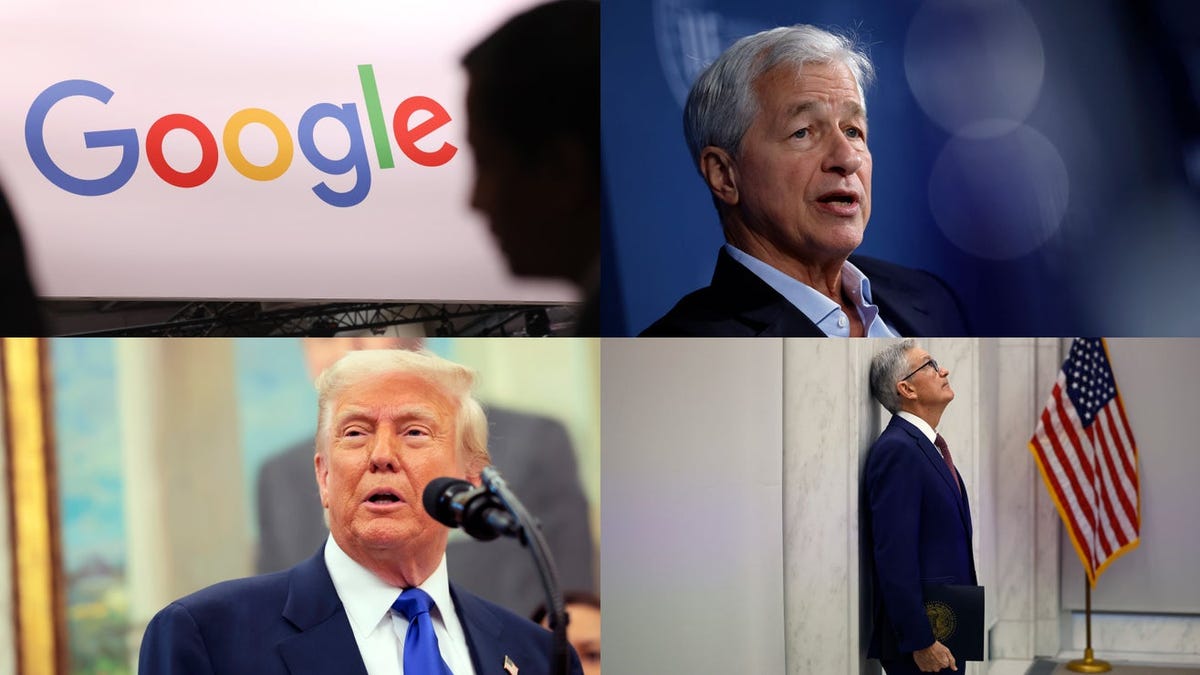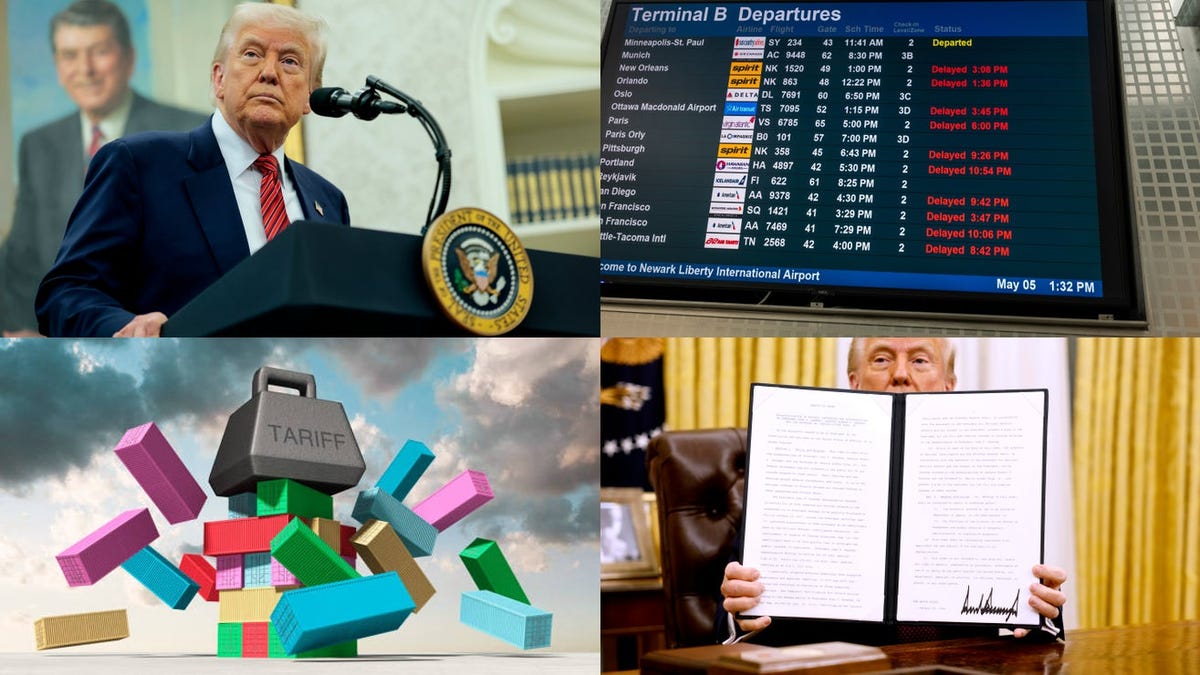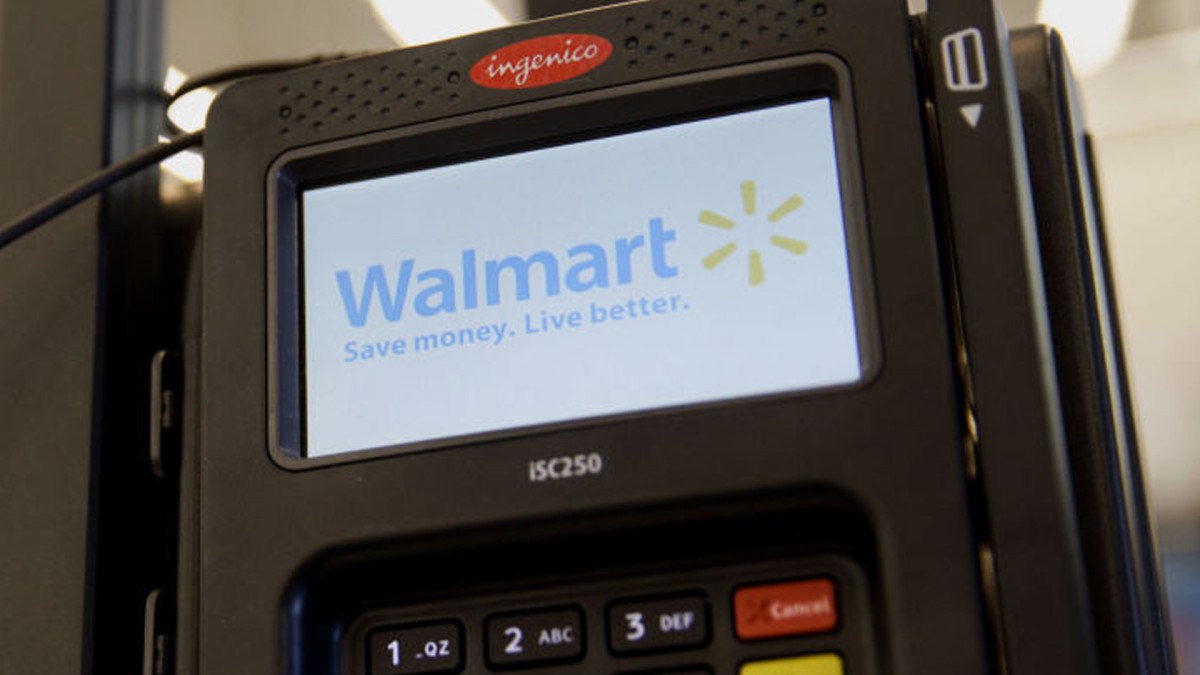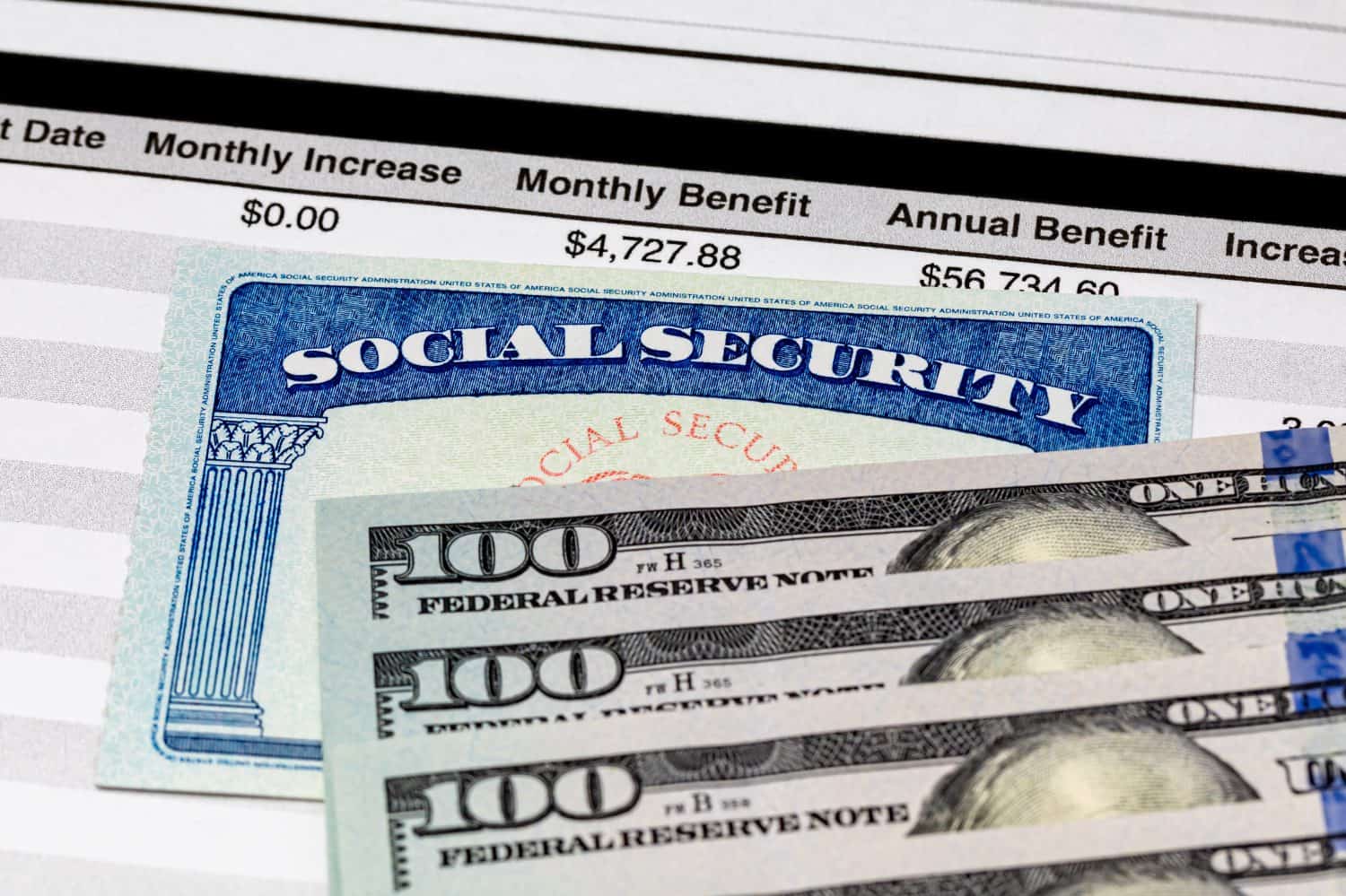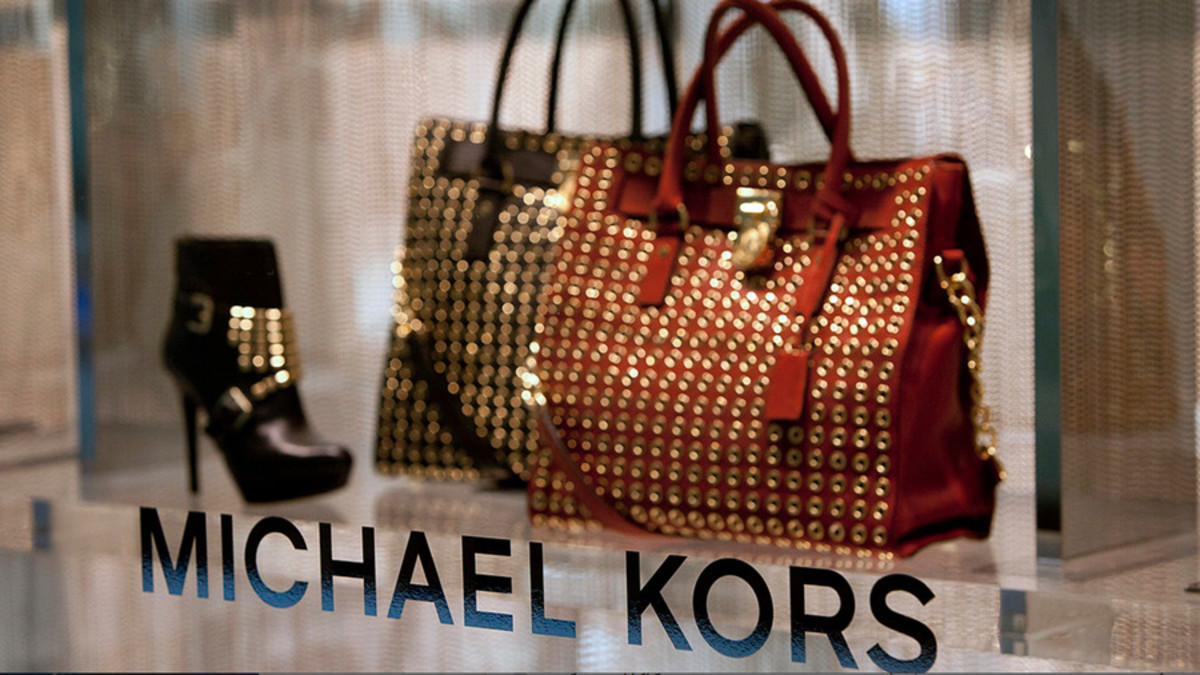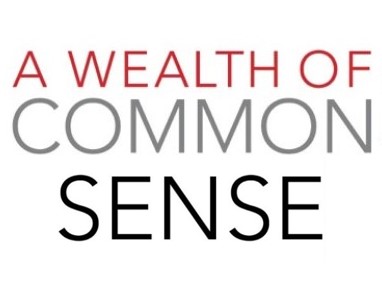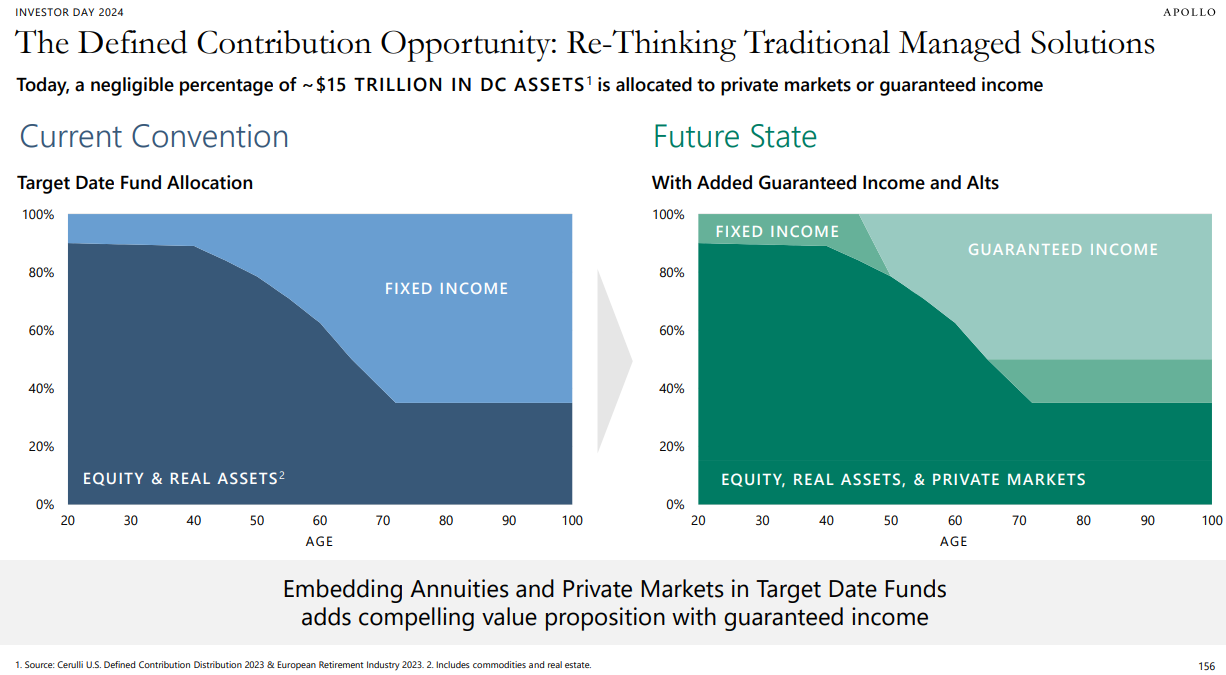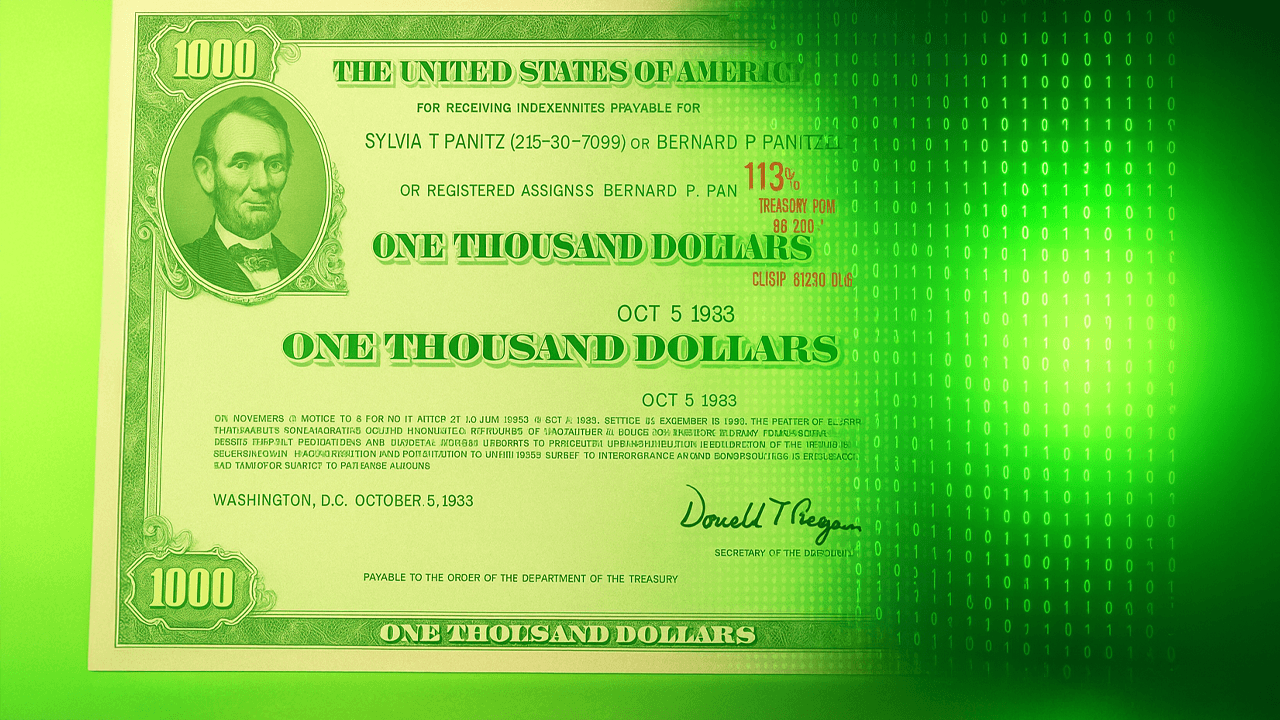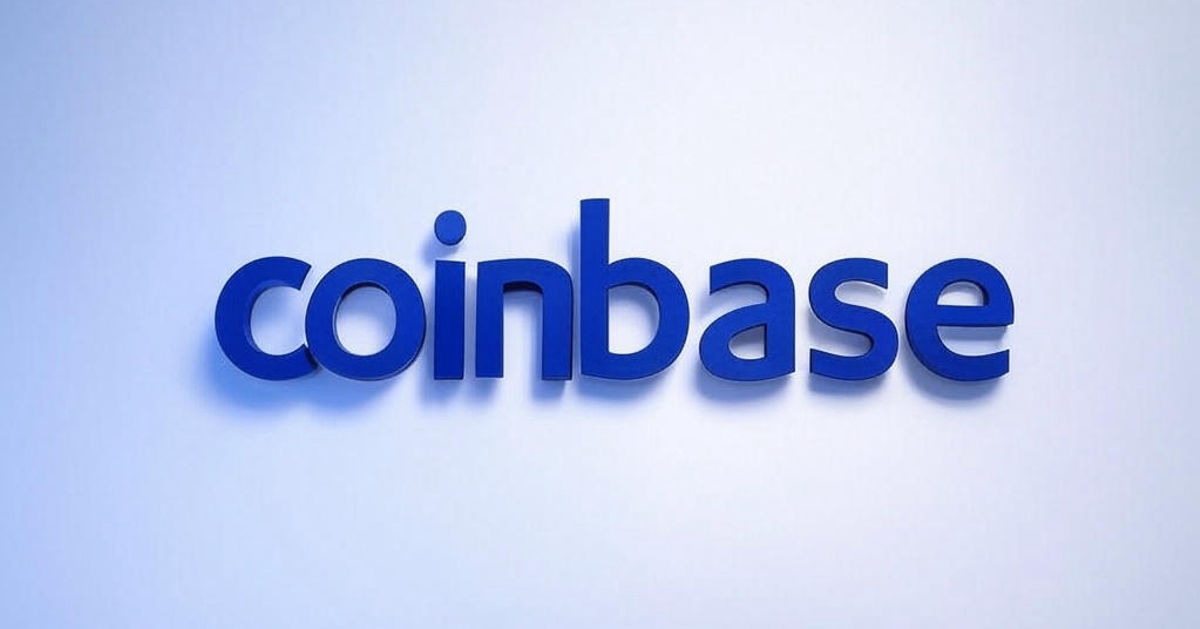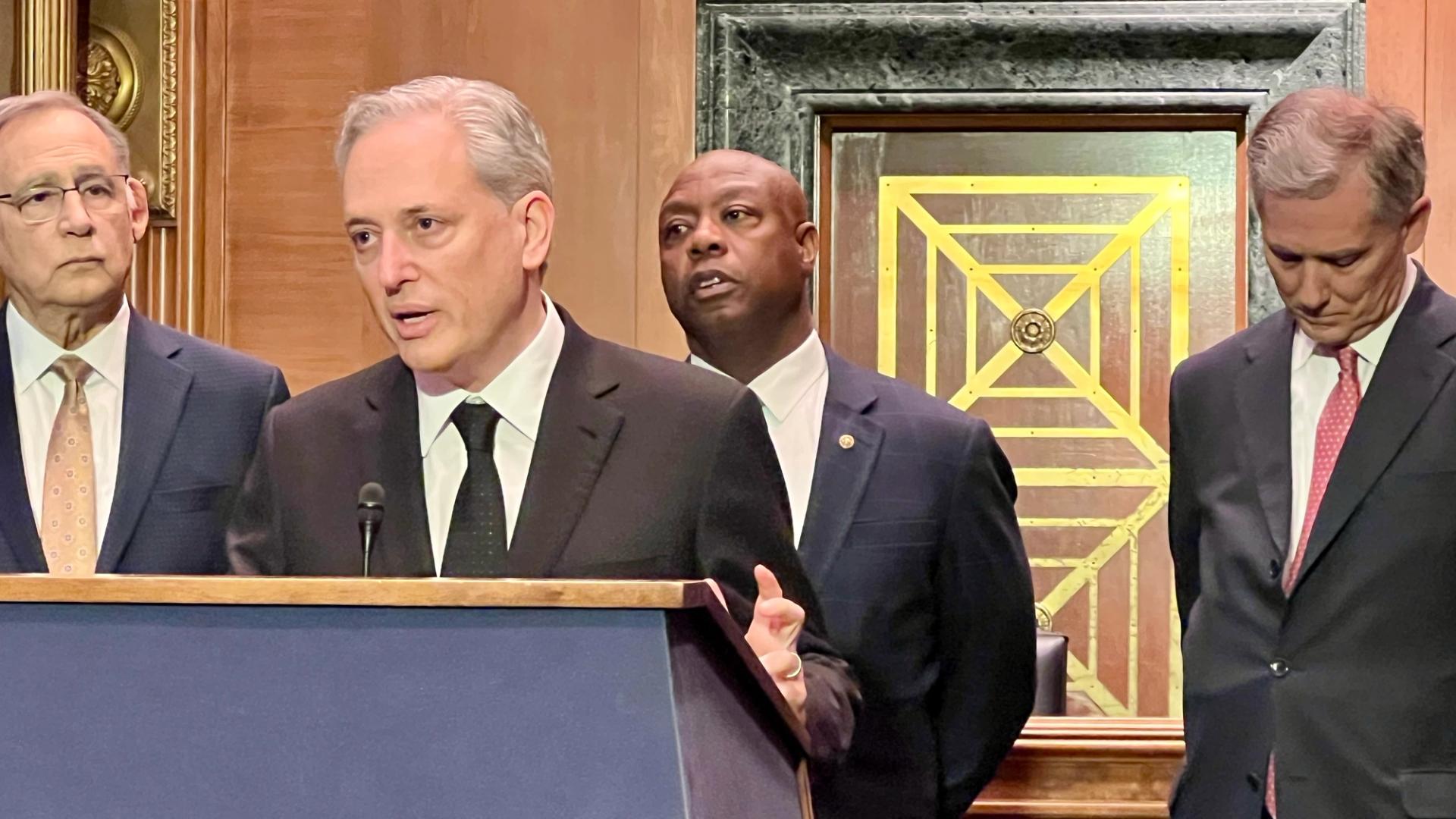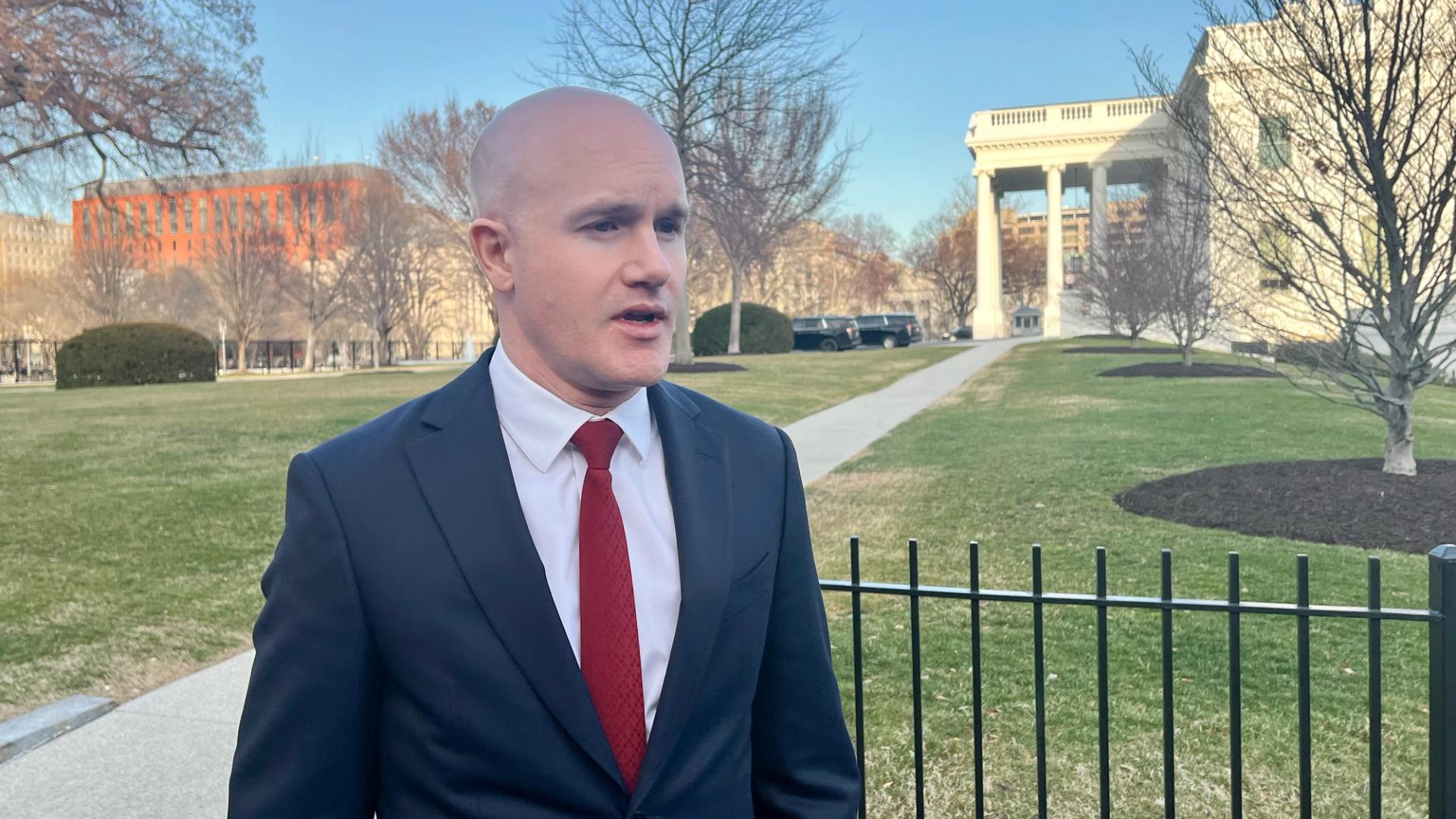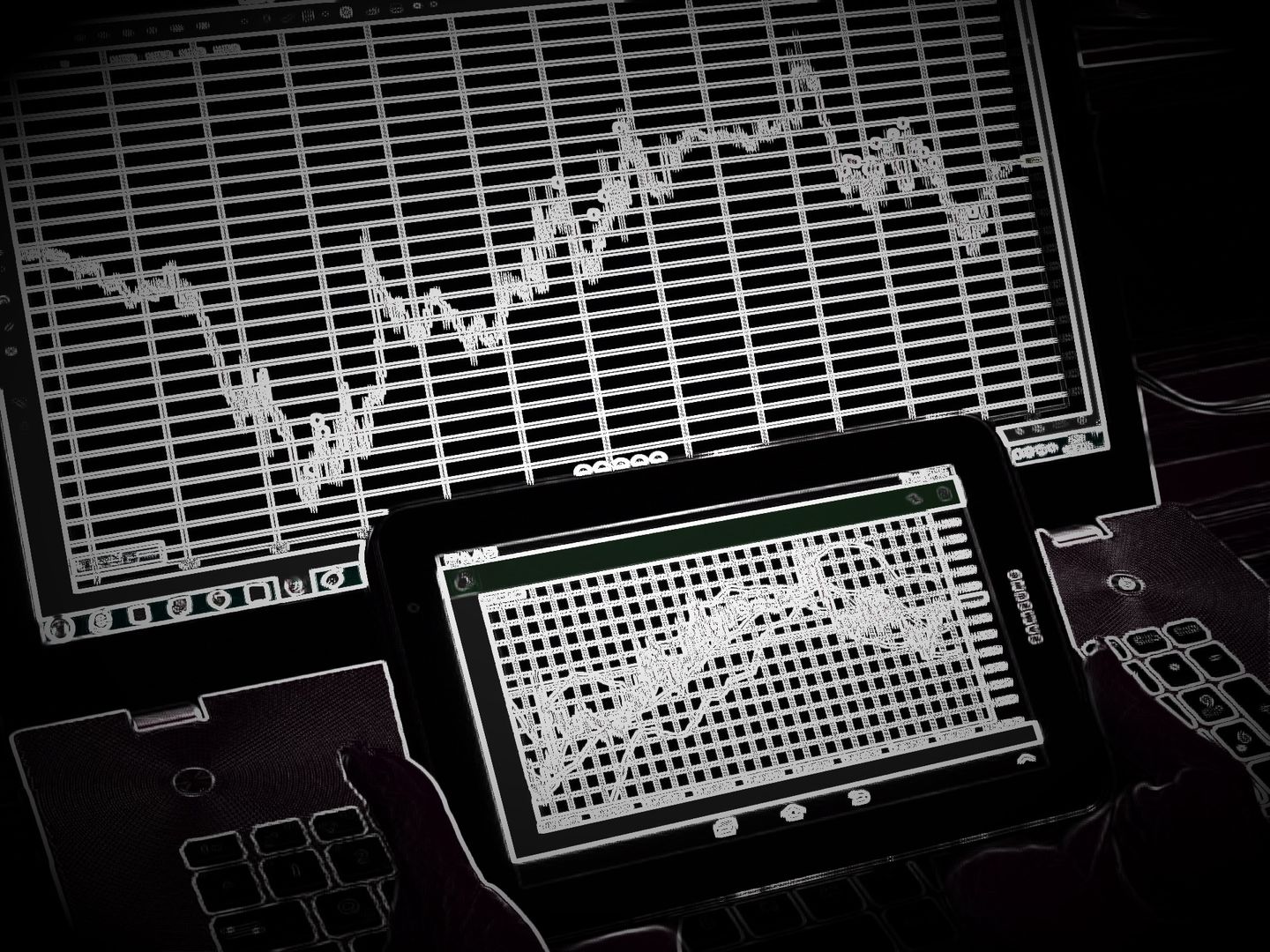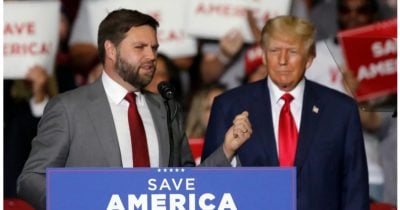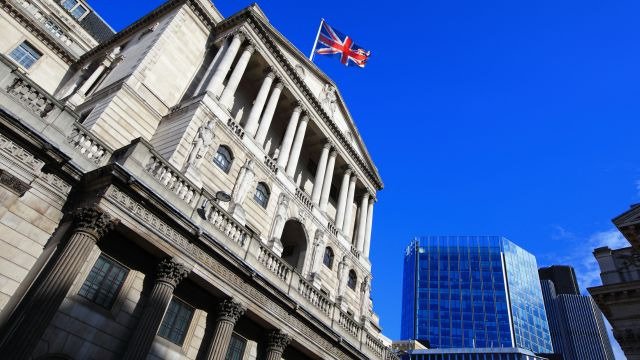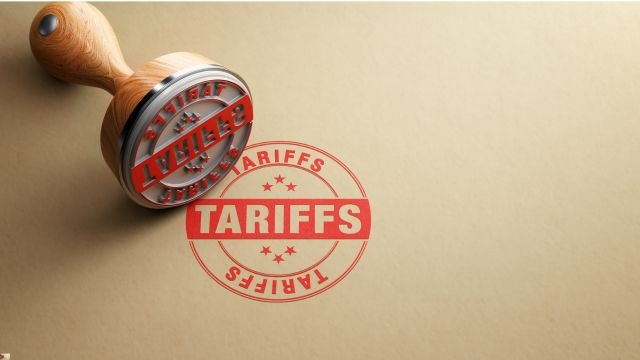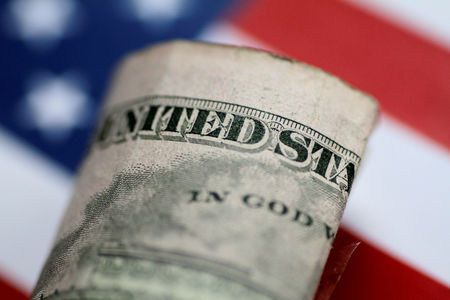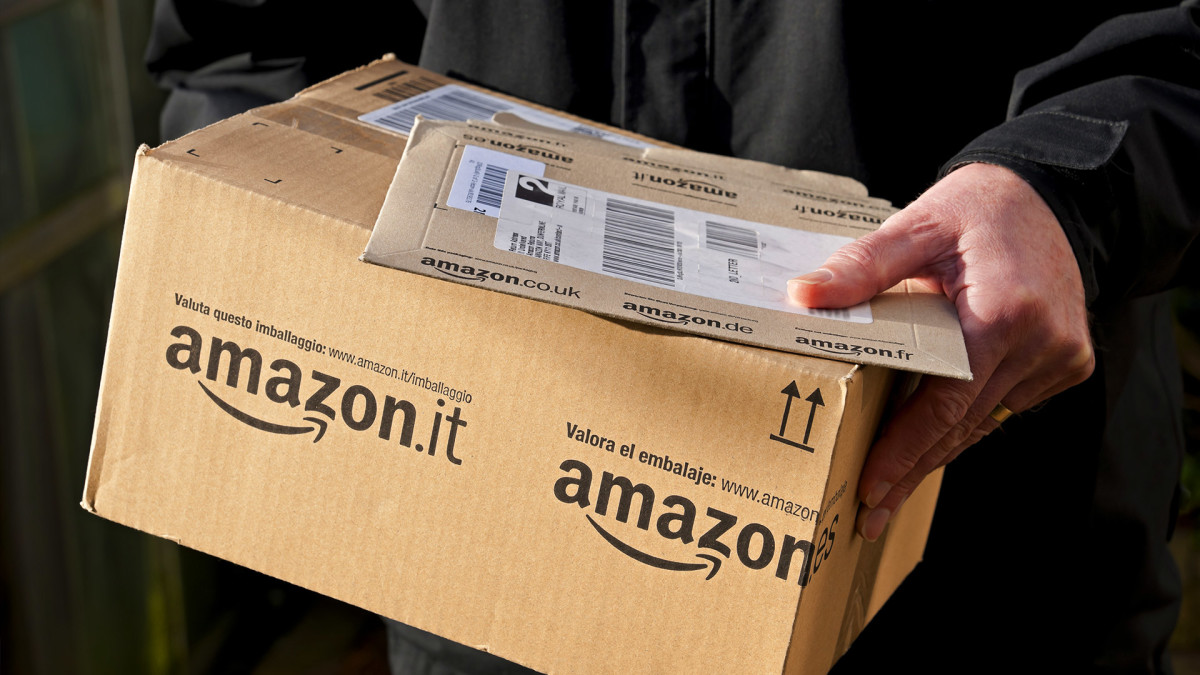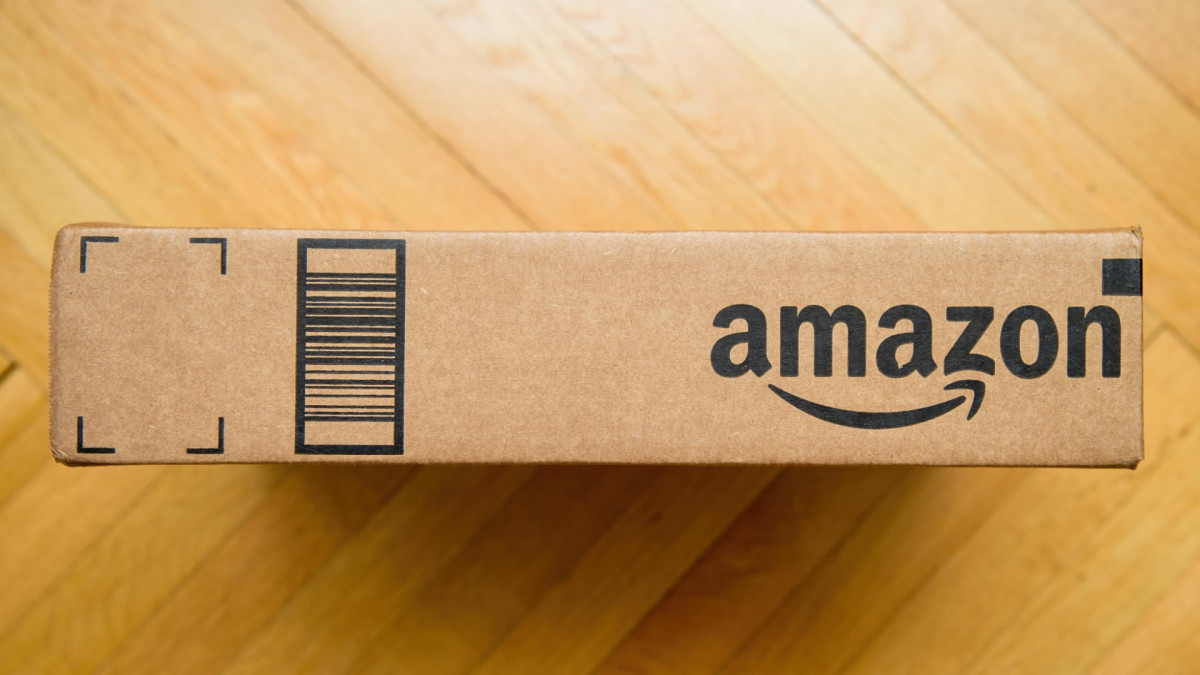Billionaire fund manager has sharp one-word reaction to tariff's impact on manufacturing
The veteran Wall Street fund manager offered blunt words on whether tariffs will spark manufacturing jobs.

Many people are debating the pros and cons of tariffs this year after President Donald Trump has made them a cornerstone of his economic policy.
Those who favor tariffs argue that they’re the best way to encourage companies to build new U.S. factories, boosting manufacturing jobs. Those against tariffs contend that they’re an inflationary consumption tax likely to send the economy into a nosedive.
So far, the stock market's reaction to tariffs has been telling.
The S&P 500 sold off sharply after Trump instituted 25% tariffs on Canada and Mexico in February and unveiled worse-than-expected global reciprocal tariffs on April 2. Then, they rallied sharply after Trump paused those reciprocal tariffs in hopes that trade negotiations would significantly remove or reduce them.
Related: Analyst unveils shocking Fed interest rate cut prediction
The reason for investors' disdain for tariffs is pretty straightforward.
Stocks historically follow sales and earnings growth over time, so they do best when policies suggest corporate revenue and profit will climb. Tariffs, however, do the opposite. Import taxes create inflation as companies seek to pass through higher costs associated with them, denting sales growth. And they cause profit margins to slip if the entirety of the cost increases that can’t be passed along to their customers.
This dynamic isn’t lost on Ken Fisher, the billionaire founder of Fisher Investments, which has $295 billion in assets under management. Fisher has been navigating the markets since the 1970s, and he’s seen his share of economic booms and busts.
This week, Fisher weighed in on the prospect of tariffs creating manufacturing jobs, responding with a blunt one-word answer that may surprise many.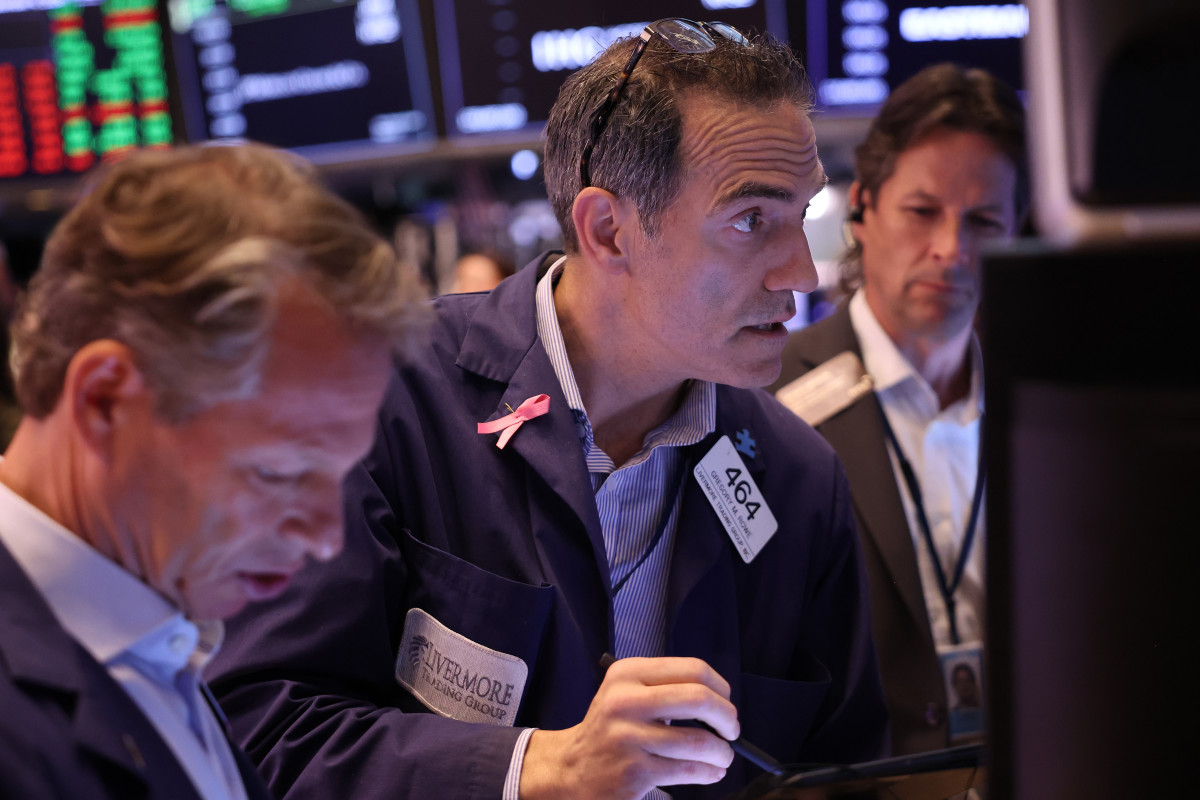
The economy faces an uphill climb
The economy grew 3% last summer, but growth has been harder to come by recently. In the fourth quarter, GDP grew 2.4%, and the BEA’s advance estimate for GDP is -0.3% for the first quarter.
That retreat has increased concern that the economy could be at a tipping point, particularly given we’ve yet to fully experience the potential drag caused by supply chain woes and higher import costs associated with President Trump’s tariff strategy.
Related: Fed official sends strong message on inflation, jobs
The economic backdrop is further murky because while unemployment is historically low, it’s been rising, reaching 4.2% last month, up from 3.4% in 2023.
Other signs of a weakening jobs market include a 900,000 drop in unfilled jobs in March, according to the latest JOLTS report, and 602,000 layoffs have been announced so far this year, according to Challenger, Gray & Christmas, up 87% year over year.
It also doesn’t help matters that those job figures are despite a shift in Fed monetary policy to dovish rate cuts last year from hawkish rate hikes in 2022 and 2023.
The Federal Reserve's interest rate cuts in September, November, and December don’t appear to have shored up employment, yet they may have caused inflation progress to stall.
CPI inflation last month was 2.4%, matching the level reported last September.
The economy isn’t yet in a recession, but it could be experiencing stagflation.
Fisher lambasts the White House's tariff strategy
Few money managers have been as vocal as Ken Fisher regarding the risks associated with tariffs.
Fisher quickly criticized tariffs after they were announced in early April, referring to them as stupid and destructive. He’s been pounding the drum that tariffs harm the country, imposing them more than the countries they impose upon.
Related: Goldman Sachs unveils tariffs prediction, recession forecast
Given Fisher's criticism, it’s probably not surprising that his latest comments debunk the idea that tariffs will revive the manufacturing industry.
Over the past few decades, companies have increasingly turned to lower-cost production overseas to provide consumers with inexpensive items ranging from toys to clothes to computers. The shift has accelerated with technology that improves inventory and supply chain management.
As a result, activity at U.S. ports has skyrocketed. The Port of Los Angeles handled 10.3 million containers in 2024, up from 1.6 million in 2000.
In a recent post on X, Fisher was asked if tariffs would bring manufacturing jobs back.
He answered bluntly, “No.”
“I understand why a lot of people think they will. They won’t,” explained Fisher. “We have a very long history of tariffs in this country and all over the world. They do not do this... It’s a little bit of a pipe dream… It’s mostly just taking a pipe to America.”
“Tariffs are always worse for the company imposing them,” said Fisher. “Unlike what President Trump said, we are not the biggest economy... The Eurozone is one economic block… it is bigger than we are. We are 25% of global GDP… The other three quarters can trade amongst themselves... They will take away from us wherever they can to whatever is cheaper to them.”
More Economic Analysis:
- Fed inflation gauge sets up stagflation risks as tariff policies bite
- U.S. recession risk leaps as GDP shrinks
- Like it or not, the bond market rules all
Fisher is skeptical about the likelihood that manufacturing promises from corporations will be kept.
“President Trump is going to get all these verbal agreements… but there’s no assurance they can build these plants," said Fisher. “If a company were to actually start today on a major plant in America… It’s going to take them a good five years to get it up and running… In five years from now, there’s a good chance they don’t have the Trump administration… you might have a Democratic administration.”
“If they know that it takes them 5 years to build a plant, but they know that before the five years, there’s a good chance the tariffs might get reversed. Why would they want to do that?” added Fisher.
Instead of shifting production to the U.S., Fisher believes that some players will resort to an age-old practice of cheating.
“The private sector has been really, really good, forever, at dodging tariffs,” concluded Fisher. “You’re going to see the biggest increase in... the black market.”
Related: Veteran fund manager unveils eye-popping S&P 500 forecast




